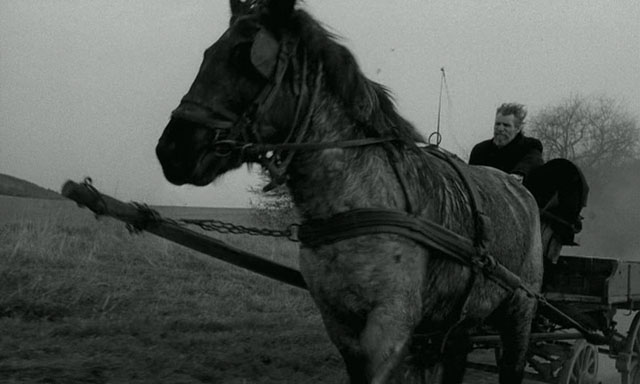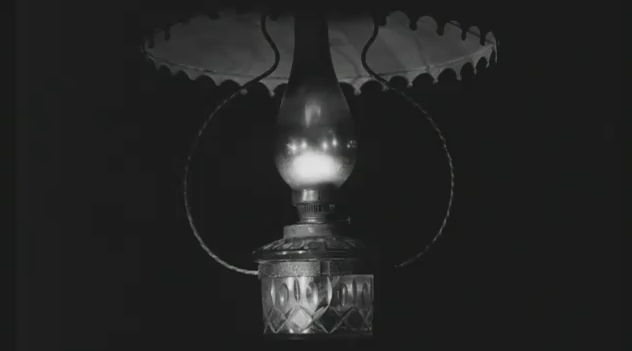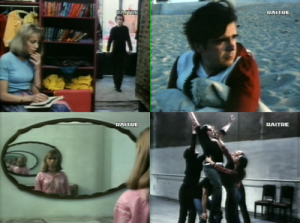Film Difficult Becomes Popular
It’s interesting to see how some of the most difficult and challenging examples of art cinema have become increasingly popular over the past decade. Back in the 60s and 70s, Robert Bresson was virtually a laughing-stock figure to mainstream critics, and someone whose films characteristically played to almost empty houses. Yet by the time that he died, a retrospective of his work that circled the globe was so successful in drawing crowds that in many venues — including Chicago’s Film Center — it had a return engagement. Much the same thing has happened with Andrei Tarkovsky — another uncompromising spiritual filmmaker, and one whose films are even tougher to paraphrase or even explain in any ordinary terms.
I’m just back from a trip to the east coast where I was gratified to find, when I turned up to introduce a screening of Jacques Rivette’s 252-minute L’amour fou (1968) in Astoria’s Museum of the Moving Image, that the film was playing to a nearly packed house. (Incidentally, this galvanizing love story about the doomed relationship between a theater director and his wife, played by Jean-Pierre Kalfon and Bulle Ogier, has never looked better to me, though I’ve been a big fan since the early 70s.) Read more
Excerpted from Movie Wars: How Hollywood and the Media Limit What Films We Can See (A Cappella Books, 2000).From the Chicago Reader (November 17, 2000). — J.R.
Nowadays the line between journalism and publicity is often blurred, and one common, systematic method of blurring it is the movie junket. Generally a studio flies journalists to a location where a movie’s being shot or to a large city where it’s being previewed, puts them up at fancy hotels, then arranges a series of closely monitored interviews with the “talent,” most often the stars and the director. The journalists are expected to go home and write puff pieces about the movies that run in newspapers and magazines as either reportage or as a form of film “criticism.” If the journalists don’t oblige — and sometimes obliging entails not only favorable coverage but articles that emphasize what publicists want emphasized and suppress what they want suppressed — then the studios won’t invite them on future junkets.
There are probably more of these articles about new or forthcoming movies in newspapers and magazines than any other kind, and many entertainment writers — including plenty who double as film reviewers — make a profession out of these junkets. Read more
From Film Comment (September-October 2011). — J.R.


Recalling the incident in Turin that reportedly occasioned Friedrich Nietzsche’s final breakdown into madness — his weeping and embracing a cab horse that was being beaten by its driver for refusing to budge — Béla Tarr’s regular screenwriter, novelist László Krasznahorkai, has noted that no one seems to know or ask what happened to the horse. But The Turin Horse is only nominally concerned with this riddle. It’s more concerned with the horse’s driver and his grown daughter, who live in a remote stone hut without electricity, subsisting on an exclusive diet of potatoes and palinka (Hungarian fruit brandy) while a perpetual storm rages outside, then arbitrarily subsides, over a carefully delineated six days. Their abject life remains fixed by a few infernal routines, such as dressing, undressing, drawing water from a well, or looking out the window. (One exterior shot of the daughter doing just that towards the end of the film will haunt me the rest of my life). What passes for plot gradually becomes even more minimal by the driver’s horse first refusing to pull the wagon, then refusing to eat. Read more



